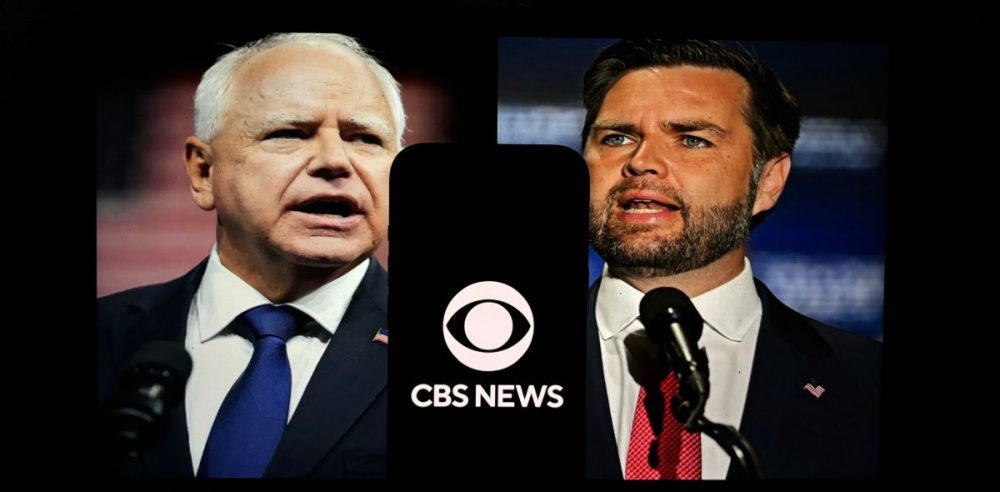In what was likely the final debate of the 2024 election, Sen. J.D. Vance and Gov. Tim Walz clashed in a proxy battle representing Vice President Kamala Harris and former President Donald Trump, focusing on key issues driving voter sentiment just five weeks before the election. The debate, moderated by CBS News, was framed as a showdown on pressing topics like the economy, abortion, immigration, and foreign policy.
Vance portrayed Harris as responsible for a poorly managed border, escalating inflation, and foreign policy missteps, which he argued had brought the world to the brink of conflict. He blamed her for what he called a disastrous economic record, emphasizing the high costs of gas, food, and housing, issues that he said had hurt everyday Americans.
Walz countered by criticizing Trump, labeling him an unpredictable leader who cozied up to autocratic regimes like Russia and North Korea, while failing to address border security during his presidency.
He accused Trump of supporting extreme abortion restrictions that have endangered women’s lives and autonomy, pointing to the Supreme Court’s overturning of Roe v. Wade as a direct result of Trump’s judicial appointments.
The issue of abortion was a focal point for Walz, who argued that the post-Roe legal landscape has led to deadly consequences for women. He cited Trump’s pride in reversing decades of reproductive rights as a central failure, emphasizing the harm it has caused. Vance, once staunchly anti-abortion, sought to soften his stance, noting that he no longer supports a national abortion ban and that his views have evolved.
On the economy, Vance accused the Biden-Harris administration of making life unaffordable for Americans, defending Trump’s economic track record as one that delivered lower inflation and higher take-home pay. Walz, on the other hand, struggled to directly defend Harris’s role in supporting the middle class but countered that Trump’s policies led to deeper inequality.
Foreign policy was a contentious subject, especially in the context of a missile attack in Israel by Iran just hours before the debate. Walz claimed that Harris had helped create a safer, more stable world by fostering alliances, while Vance attributed the attack to the Biden administration’s unfreezing of Iranian assets, arguing that Trump had maintained global stability through effective deterrence.
Both candidates faced personal challenges during the debate. Walz stumbled over a false claim about being in Hong Kong during the Tiananmen Square protests and had a few verbal slips. Despite this, he remained focused on Trump’s failures. Vance, meanwhile, tried to position himself as a trustworthy alternative, speaking directly to voters to improve his standing in a race where he trails Walz in approval ratings.
As the race for the White House remains razor-thin, the vice-presidential debate could hold more significance than usual. While traditionally not decisive, with Harris and Trump polling neck-and-neck in key swing states, the debate performances of Walz and Vance may influence undecided voters, especially on crucial issues like abortion, the economy, and national security.


